
You’re halfway down the supermarket aisle when the panic hits.
The wallet is gone.
Not “misplaced.” Not “under a receipt.”
Gone-gone. Houdini-level gone.
Your hands start doing that frantic pat-down dance.
Left pocket, right pocket, jacket, back pocket again (because wallets sometimes teleport, obviously).
The fluorescent lights hum. A trolley squeaks.
Someone’s toddler is tearing open a box of cereal like life depends on it.
But all you can feel is the slow rise of heat at the back of your neck.
Because you’ve been here before.
Keys. Wallet. Phone.
All veterans of the Great Disappearing Act.
And for a brief, sweaty second, you swear the universe is toying with you.
There’s a unique flavour of chaos that comes with losing something small but essential.
It’s not dramatic enough for sympathy, not catastrophic enough for a movie scene. Just annoying enough to ruin your entire afternoon.
Like stubbing your toe on a Monday.
Or stepping on a plug.
Barefoot.
You know the feeling.
That blend of frustration, disbelief, and mild self-loathing.
And then after a good three to five minutes of panic, you find it exactly where you left it: inside the tote bag you swore you weren’t using today.
Classic.
Somewhere between your third pat-down and the flashback to when you once left your wallet in the fridge (no judgment), another headline pops back into your mind:
Elon Musk is about to become the world’s first trillionaire.
Of course he is.
Of course a man who launches cars into space for fun is now knocking on the trillionaire door.
The contrast is almost poetic:
One man is building reusable rockets with precision landing systems.
And you?
You’re sweating in aisle seven because your wallet is playing hide-and-seek.
Life’s funny like that.
We don’t lose rockets.
We lose small things.
A missing attachment.
An email your client swears you never sent.
A sample selection that absolutely existed yesterday.
A working paper version with a name like “FINAL_final_USETHISONE_really.”
Nothing large enough to go viral.
Everything small enough to cause a headache.
Because the tiny things, the everyday things are what derail us.
Not fraud.
Not technical standards.
Not new regulations.
No.
It’s the micro-disconnections.
The invisible friction.
The “where did I put that?” moments.
And when the ecosystem relies on memory, Outlook, and wishful thinking, the stakes aren’t just an inconvenience.
They’re:
Stress.
Rework.
Review notes.
Client confusion.
Manager frustration.
Hours lost to digital archaeology.
One missing “wallet” at a time.
And here’s the broader truth:
The difference between the trillionaire building rockets and the auditor hunting for emails in their inbox isn’t intelligence, talent, or luck.
It’s systems that talk vs systems that vanish things.
If you want stability (the kind where nothing essential disappears),
you need a workflow that refuses to lose things.
Next time your heart drops into your shoes because a tiny thing goes missing,
remember this:
The wallet wasn’t really gone.
It was just in the wrong system.
The question is:
In your audit world are things truly lost,
or just badly stored?
Until next week,
Christiaan
P.S. We’ve built something that makes the small things stay put. And if you want the full tour, here’s the link. It’s quicker than finding your wallet.
.png)
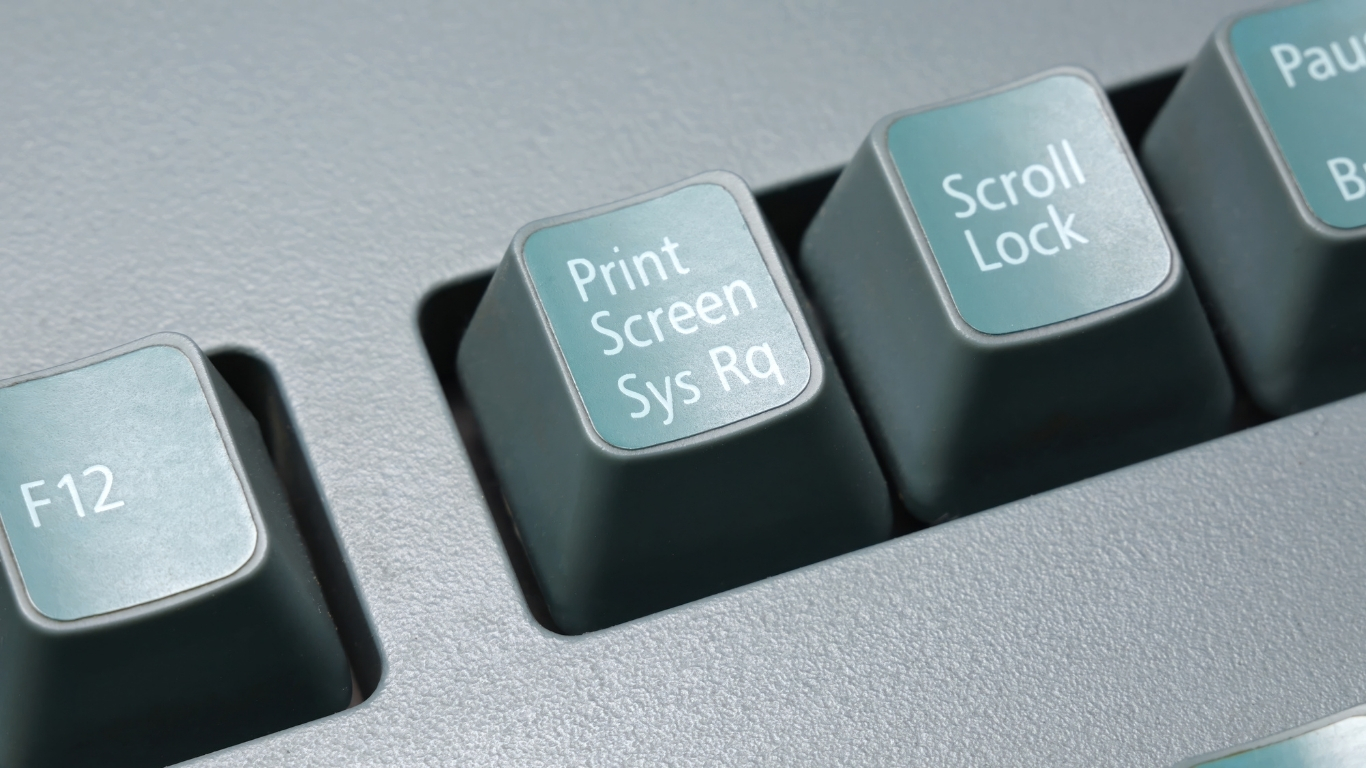








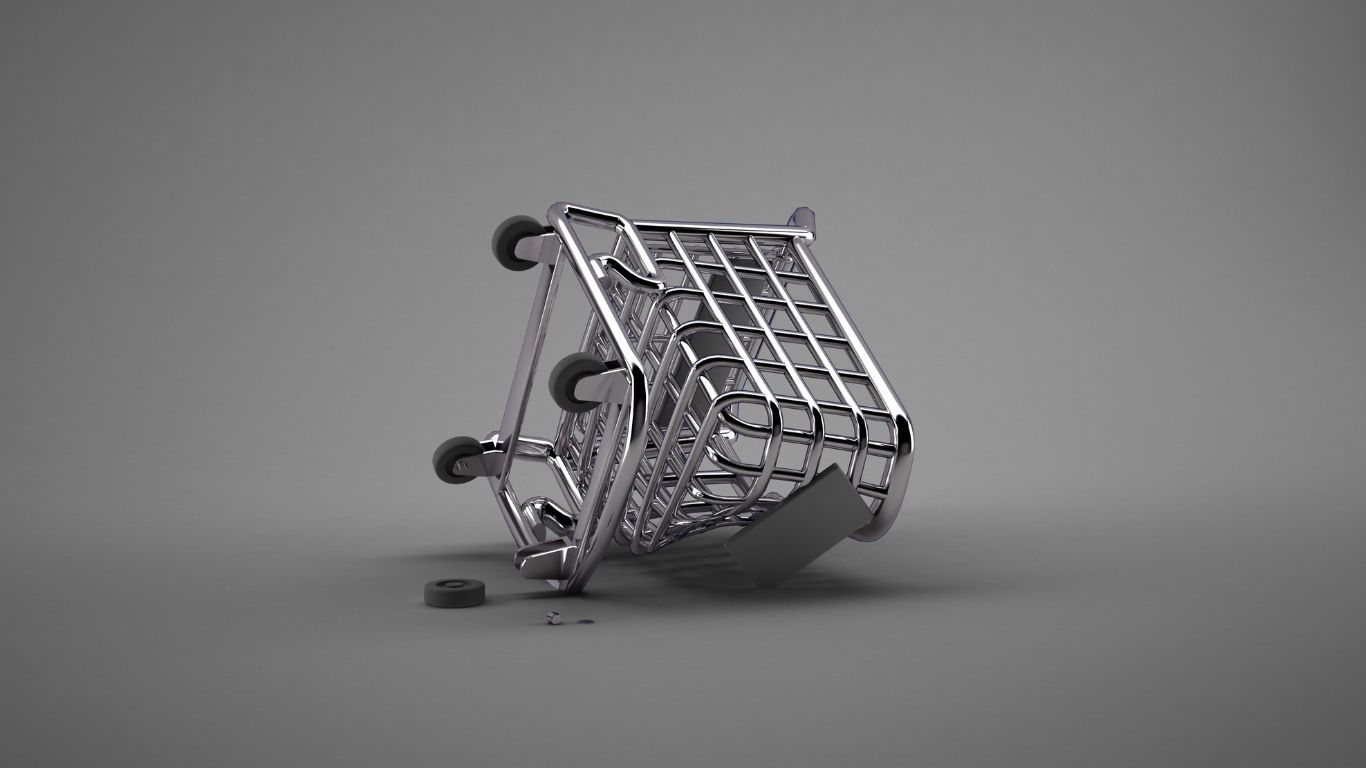
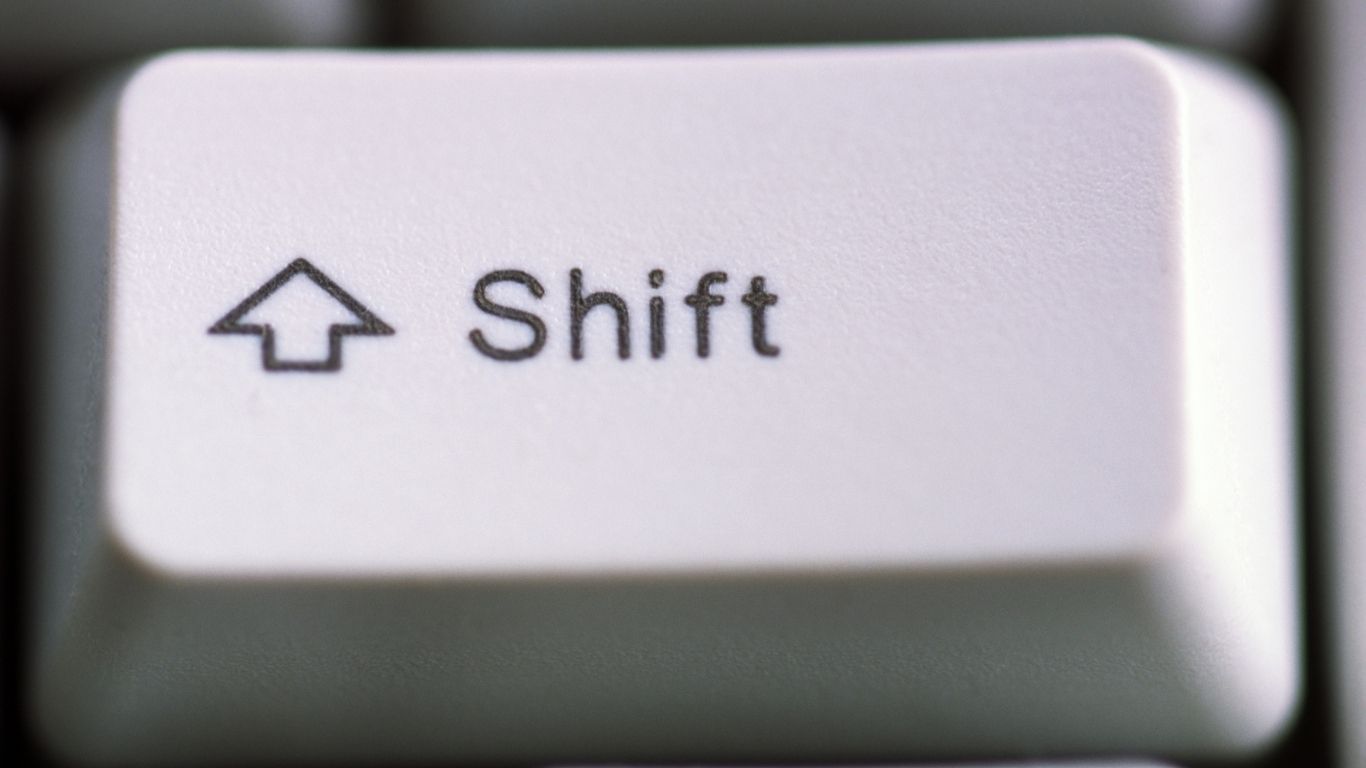



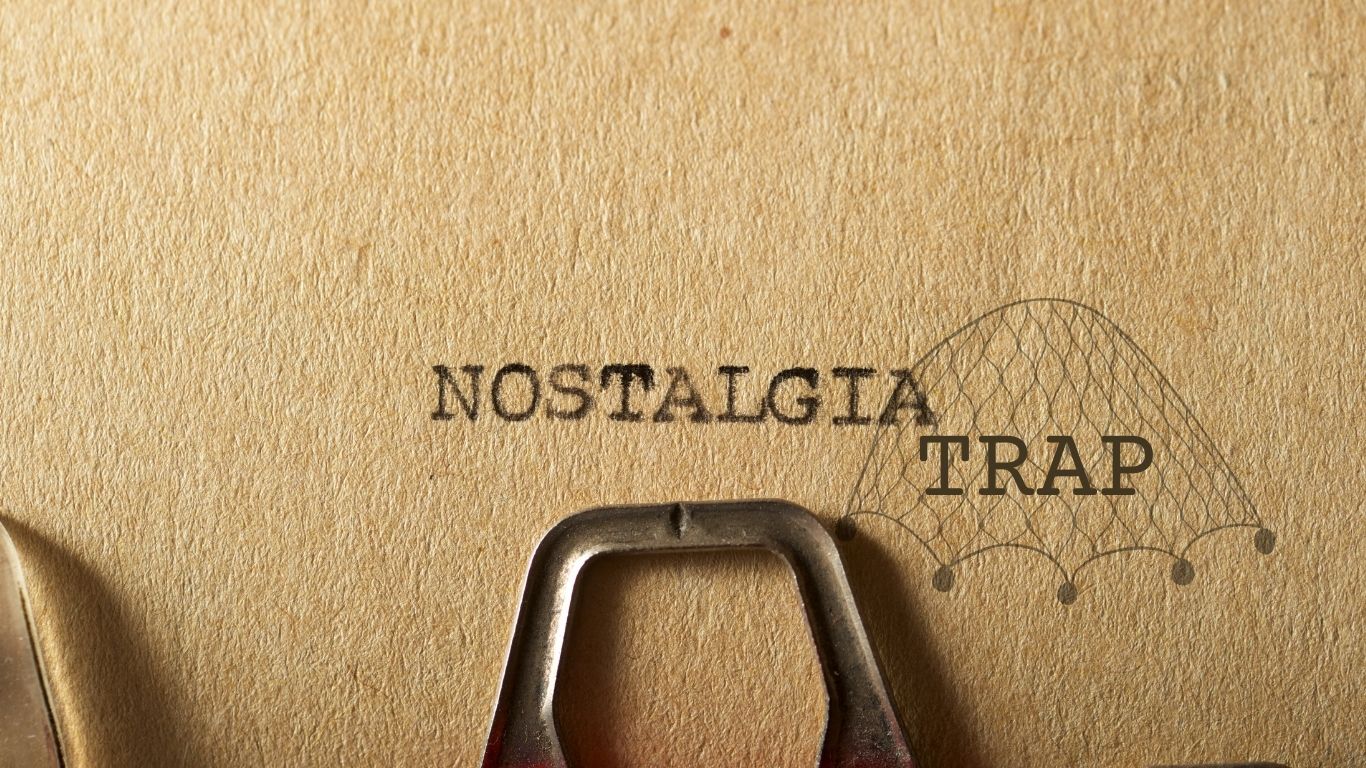

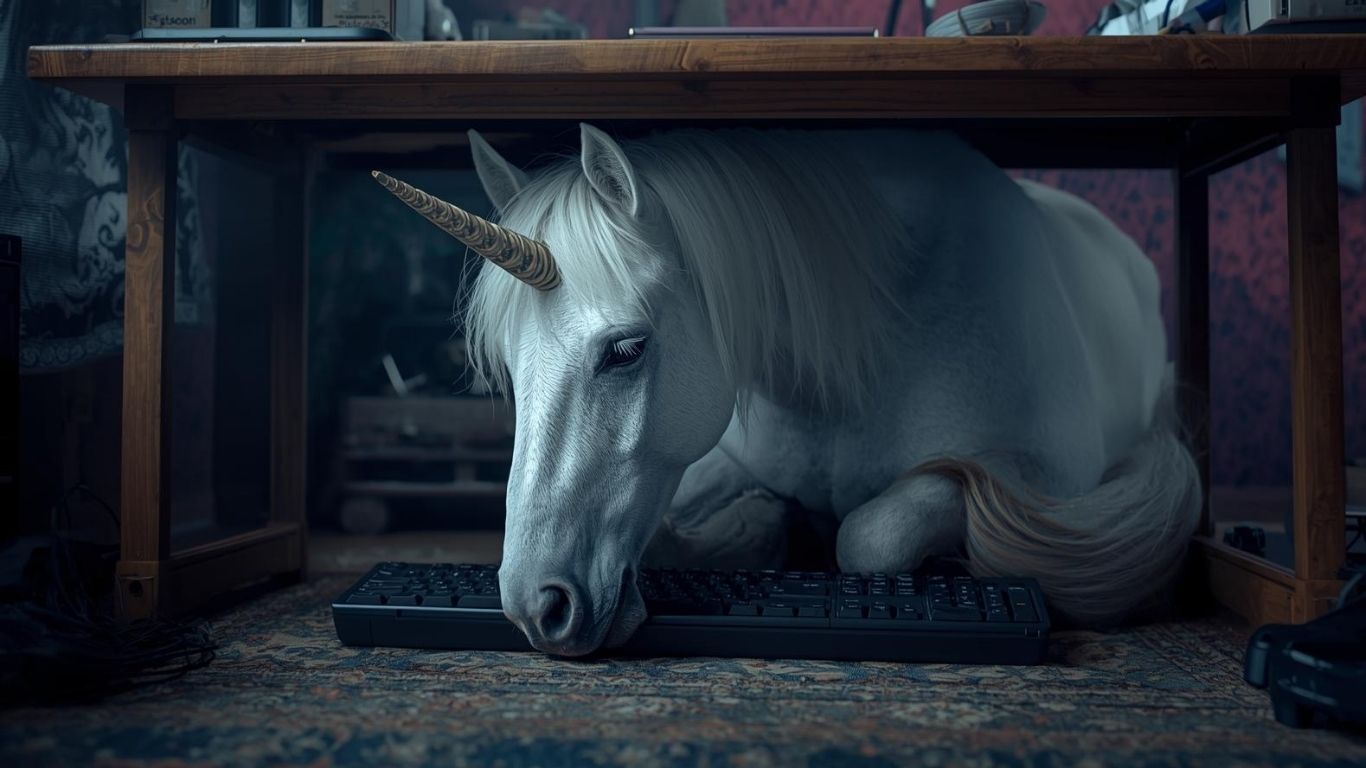



















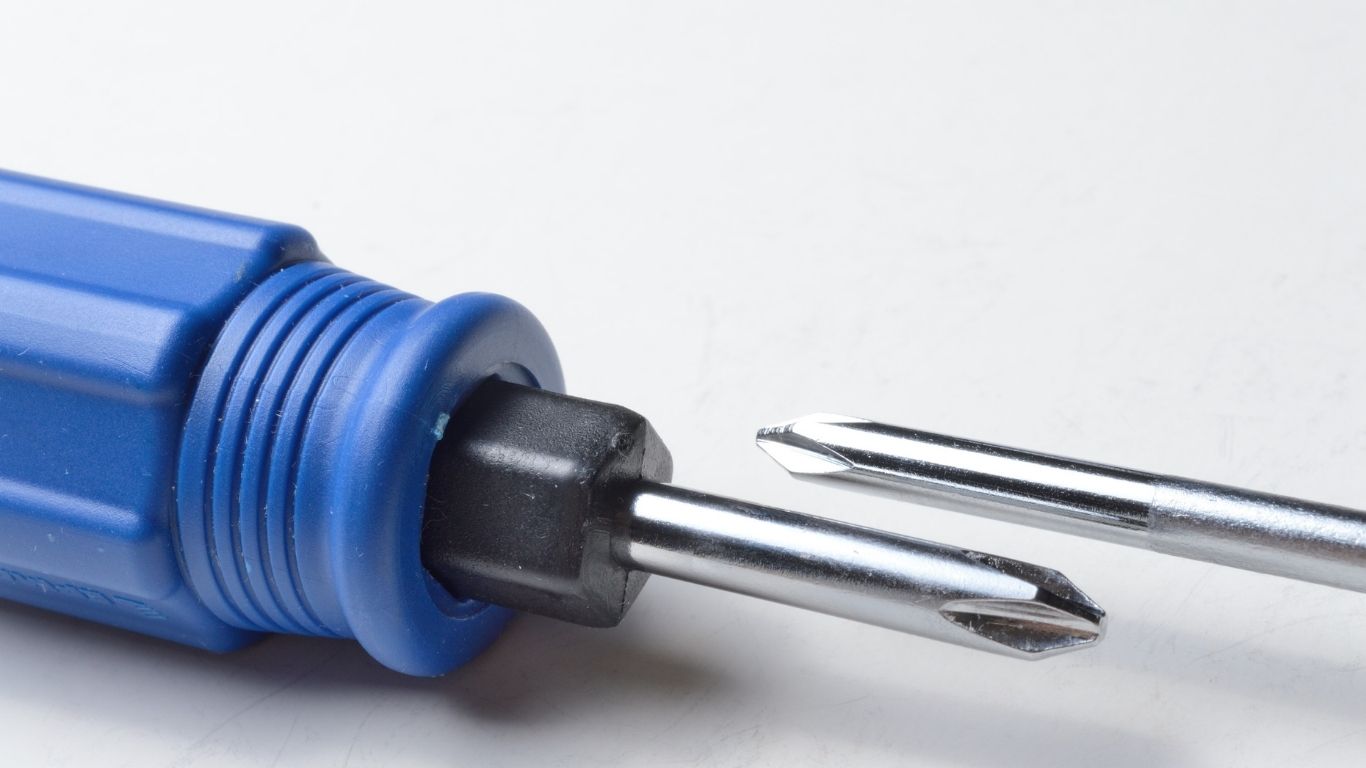




.png)
.png)
.png)


.png)
.png)
.png)

































.png)




Help your team work faster in Microsoft Excel without
sacrificing control, traceability, or audit quality.
Inspiration not perspiration with tips and insights to audit smarter, straight to your inbox.

You can unsubscribe at any time. We respect your information and won’t share your data with any 3rd parties. Learn more about our privacy policy.
.svg)